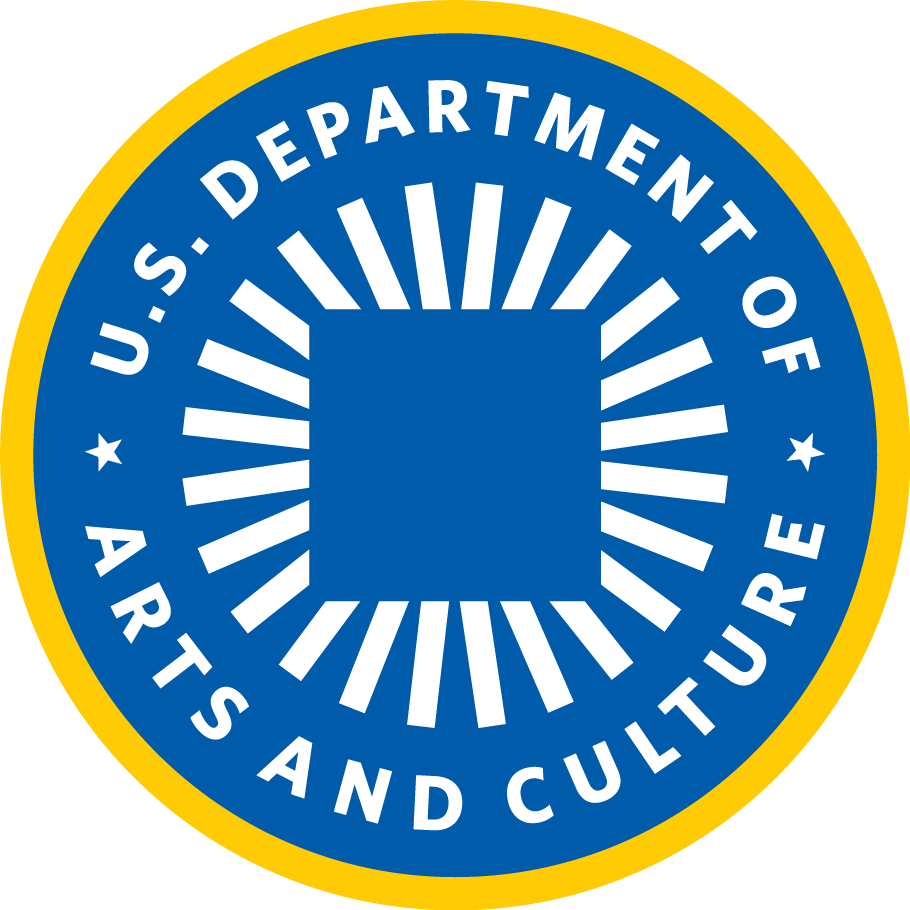Political party platforms stake claims to the policies and positions voters are asked to endorse in electing a party’s nominee. A platform that can galvanize voters has to point to a future we actually want. The USDAC is all about envisioning a future animated by empathy, equity, and social imagination. Let’s dream together of a platform that actually captures that vision: would you vote for a candidate who supported this plank?
“It's time for a new public service jobs program, putting artists and others to work repairing physical and cultural infrastructure.”
Then please sign and share the USDAC’s petition to ensure that arts and culture are embedded in all efforts to strengthen our communities and address our social, environmental, and economic problems! If you're part of an organization with a website, newsletter, or social media platform, please spread the word.
It’s not that candidates, once elected, always follow their parties’ platforms. But some historians have concluded that the wider candidates’ margin of victory, the more likely they are to pursue the planks they ran on—and vice versa, a narrow margin equals a watered-down platform. At this writing, Republicans are trailing by quite a bit in the polls. What if the following plank were part of the Democratic platform the next President ran on?
“Democrats support cultural equity—a fair share of resources and power for all communities regardless of race, gender, ethnicity, orientation, geography, or other characteristics—in programs affecting America's cultural life.”
If you like that prospect, please sign and share the USDAC’s petition to bring us one step closer to true cultural democracy and cultural equity!
The Democratic Party has been calling for input on its platform. (We’d be glad to offer our two cents to the Republicans as well, but they aren’t asking.) You can watch hours of Platform Committee hearings and debates on C-SPAN if you’d like to see how it works. It's a negotiation, open till the convention. The party’s account of the first platform draft omits details on some key controversies: a vote to oppose the Trans-Pacific Partnership (TPP) trade agreement failed, climate activists want much stronger language and aggressive policies, and so on. Across the spectrum of issues, activists and policy wonks are working hard to affect the next two rounds of deliberation: a full Platform Committee meeting in Orlando on July 8-9, and a final vote of the entire convention in Philadelphia July 25-28.
Why? A platform can trigger far-reaching action: in 1860, 100 Southern Democrats walked out of their convention when it failed to pass a plank extending slavery, while the Republicans’ 1860 platform anti-slavery language was remarkably strong, establishing clear lines of conflict that ended in Civil War.
Why? Even a scrap of language in a party platform can seed future possibility. In 1872, the Republican Party platform referred to “the loyal women of America,” declaring that “their demands for additional rights” deserved “respectful consideration.” There was a tremendous amount of activism and perseverance to back up that assertion, and by 1920, three quarters of all state legislatures ratified the Nineteenth Amendment, ensuring women the right to vote.
Suffragists asserting their rights in 1872 with a quote from Susan B. Anthony: "No self -respecting woman should wish or work for the success of a party that ignores her sex."
Cultural issues are vitally important to a future shaped by creativity, equity, and belonging, but right now, few aspects of culture are even part of the platform conversation. The Democratic Platform Committee’s first draft asserts “moral and legal responsibility to honor the sovereignty of and relationship to Indigenous tribes—and acknowledge previous failures to live up to that responsibility,” which is good news. Now it’s up to us to get other essential aspects of cultural democracy on the agenda. Imagine a platform that includes this core commitment:
“Democrats commit to invest in community cultural development as part of all public social programs.”
Adopting this plank would ensure that “Funding for community cultural infrastructure—for local spaces, skills, and materials—and for the work of artists as an integral part of all public programs related to social well-being—policing, education, health care, environment, and other essential social programs—must be priorities.” Wouldn’t that be amazing?
Everything created must first be imagined, including social policy. We have to start with a bold, vibrant, and far-reaching vision to inspire each other to take the steps that will make it real.
Citizen Artists and allies, please put your energy on the side of social imagination by signing and sharing the USDAC’s petition today!

